
National News, Analyses & Opinions
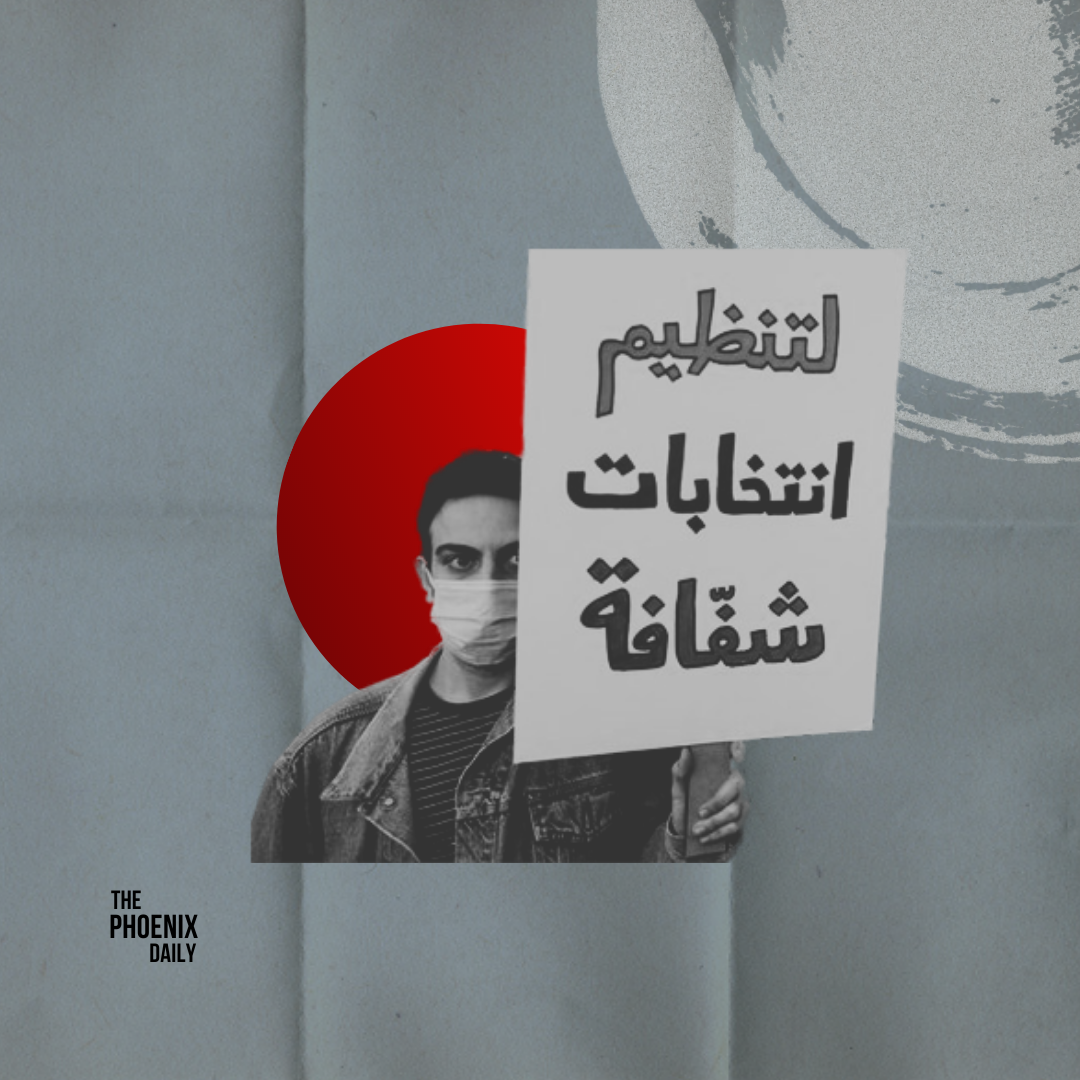
The Time of The Decline of Democracy: From Pactist Democracy to Sham Democracy
Opinion Analysis by Dr. Antonios Abou Kasm, Professor of International Law, Counsel pleading before International Criminal Courts, Visiting Contributor
Innovative Lebanese concepts enriched the lexicon of democracies in the world. Seen in the aftermath of the Taif agreement, the parliamentary system was based on pactist, sectarian, consociational, quota, conventional, parity, proportional,and complex democracy. Accordingly, consociational democracy or the democracy of compromises prevailed at the expense of the law. Pactist democracy entered after the withdrawal of the Syrian army from Lebanon in 2005, when it was raised at times by Christian groups, and at other times by Shiite Muslims, who had been marginalized since Ta’if, to challenge the legitimacy of government decisions and to prevent the parliament from adopting laws or agreements hostile to the Islamic Resistance project. The question now is; is it the turn of the Sunni Muslims to brandish the sword of Pactism to disrupt the effects of the upcoming elections in May 2022?
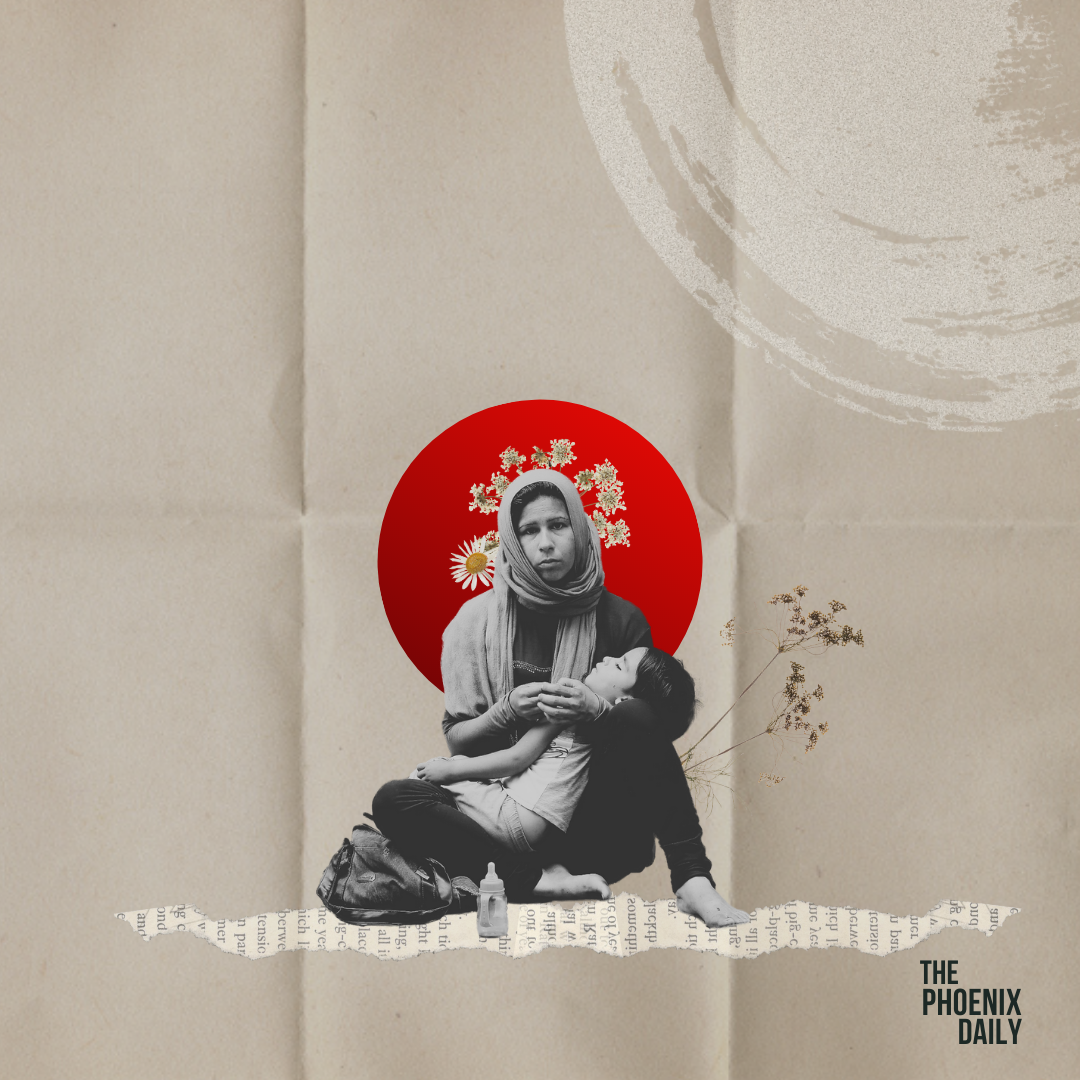
The Reality of Women and Girl Refugees' Health in Lebanon - An underlying gender inequality issue
Opinion analysis by Aline Abou Chaar, Visiting Contributor
“I work, I earn, I buy, I cook, I prepare, I feed, WE decide, but if he wants eggs… it should be eggs” – this intriguing quote uttered by a Syrian refugee woman in the Bekaa region portrays the control that men have as the heads of the household compared to women (El-Asmar et al., 2019). The phenomena of gender equality underlie equal prospects for both sexes, male and female, and envision equal rights economically, socially, culturally, nutritionally and politically with facilitated access to resources. Unfortunately, the reality of the middle-eastern society put all women and girls at a disadvantage, especially within the Lebanese population where around 1,349,955 are Syrian refugees, with over 50% of them being women and young girls.

Open letter to United Nations Secretary-General Antonio Guterres: On the occasion of the UNSG visit to Lebanon
Opinion Analysis by Dr. Antonios Abou Kasm, Professor of International Law, Counsel pleading before International Criminal Courts, Visiting Contributor
Mr. Secretary General,
Your visit at this sensitive time in Lebanon’s history has a major importance, as state institutions have begun to collapse, amid a sovereign, social, economic, financial and monetary crisis, making the Lebanese people on the verge of starvation. According to the ESCWA study titled; “Multidimensional poverty in Lebanon (2019-2021): Painful reality and uncertain prospects”, poverty affects more than three quarters of the population in Lebanon, while it mounts up to 82% of the population living in a multidimensional poverty, if other factors are taken into consideration other than income, such as education, access to health, and public services.
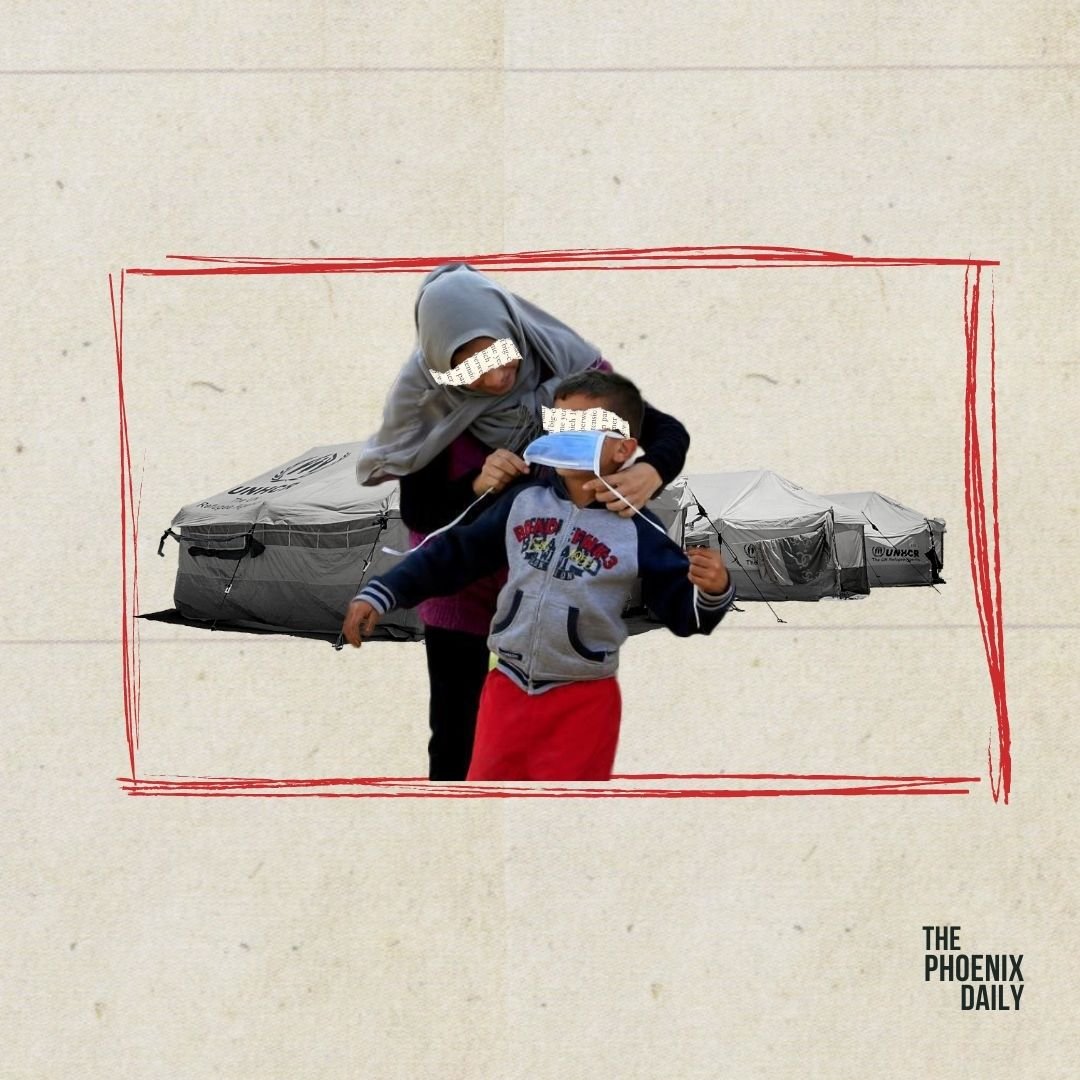
Our COVID Response's Weakest Link - Lebanon's Unvaccinated Refugee Population
Opinion analysis by Ricardo Bitar, Featured Writer
As COVID cases rise in Lebanon in wake of the spread of the newest Omicron variant, the country is facing an alarming possible threat that has been present ever since the start of the pandemic, one that is dormant and rapidly emerging: a young, expanding, and unvaccinated population of refugees. Even though these occupants are not a new addition to the Lebanese population, the government seemed to have forgotten about the responsibility they have towards them when it comes to the COVID-19 Pandemic. In fact, only 4% of Syrian refugees have received at least one shot of the vaccine as of October of 2021 in Lebanon, mainly due to discrimination and lack of management. However, throughout the pandemic, the fact that this community is a young one helped it battle the virus’s spread and exhibition; yet, will their immunity resist the newest Omicron variant?
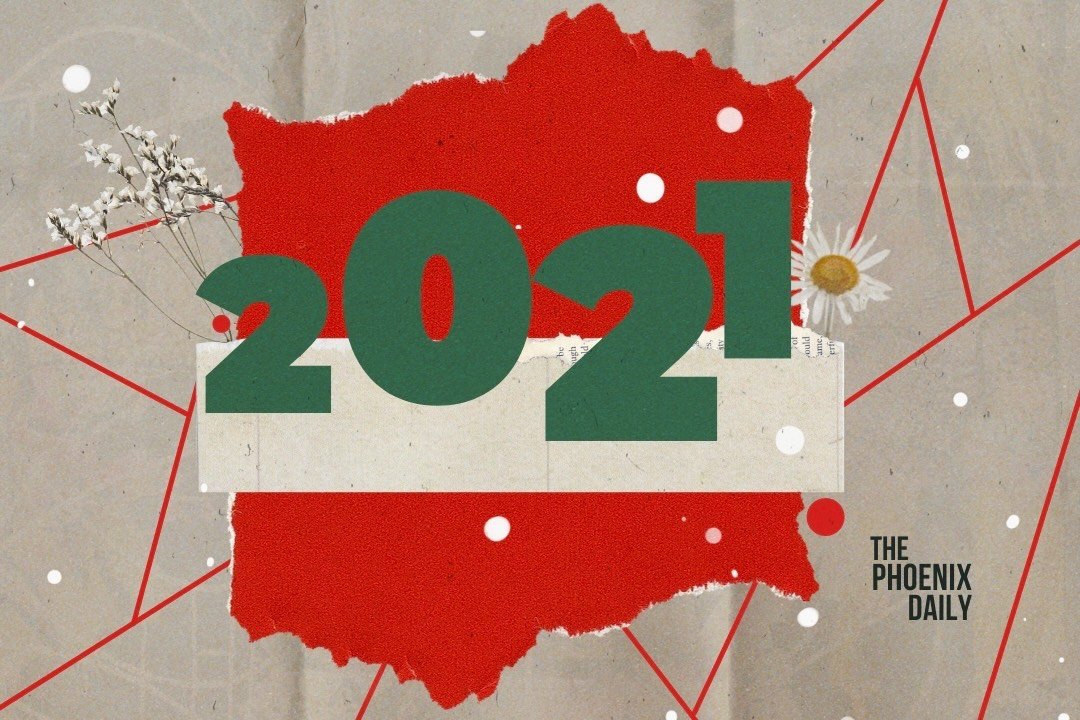
The Lebanon of 2021 in Retrospect - A year of heartache, combat and resilience
Opinion analysis by Maria Wehbe, Staff Writer
2021 has been an unbearable year for everyone around the world: from natural disasters and climate change to a worsening pandemic, school shootings, immense protests, devastated populations and so much more. People worldwide have been exhausted to the greatest extent possible, both physically and mentally. One country that deserves a very special recognition after everything that it has endured this past year is none other than Lebanon. This country has been through a lot and regardless of it all, there are people that are still here, there are people who still have hope, there are people who are willing to keep fighting for this country until it goes back to what it once was and that is so inspiring and captivating, because the love that these people have for their country is undeniable and so strong that nothing could tear it apart; not a deadly nuclear explosion, not a worsening economic crisis, not a hyperinflation nor diminishing quantities of basic necessities.

Hiking Fuel Prices, Subsidies Cut, and Hidden Profits - Chaos and confusion arise from the incomprehensible
Opinion analysis by Yara Dally, Contributor
Bewilderment and uncertainties arises from the latest fuel prices schedule going from the way of computing fuel prices to the way of calculating profits.
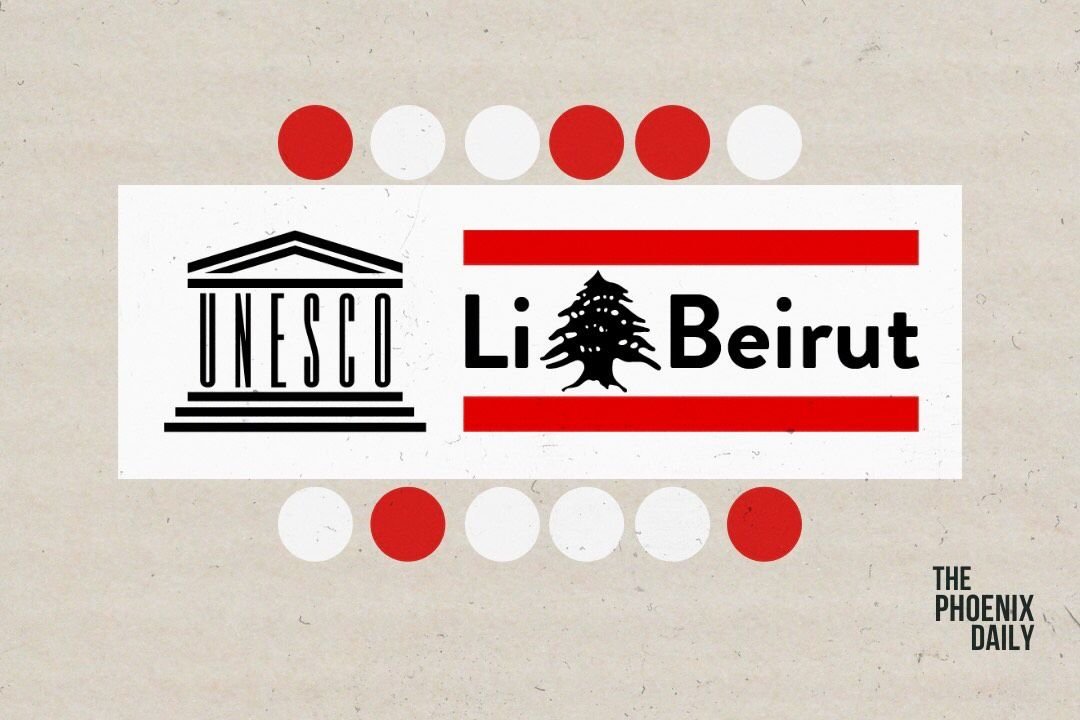
UNESCO’s Everlasting Support Towards the Li Beirut Initiative: Mobilizing Resources, Support, and Partnerships for Lebanon’s Five-Year Education Plan
Analysis by Maria Wehbe, Staff Writer
On November 10th, 2021, the Lebanese Minister of Education and Higher Education Abbas El Halabi along with UNESCO’s education officials held a meeting at UNESCO’s headquarters in Paris with high-level representatives from the UNESCO Member States, in margin of the 41st Session of the General Conference. It is worth mentioning that Mr. El Halabi is a former judge, vice-chairman of the Board of Directors, and Legal Counsel of the Bank of Beirut and the Arabic Countries (BBAC), as well as a former professor at the Saint Joseph University of Beirut (USJ). The main goal behind said meeting was to mobilize international partnerships and resources as well as institutional and technical support towards the enhancement of the Five-Year General Education Plan for Lebanon (5YP) and reinforcement of support towards the Li Beirut Initiative.
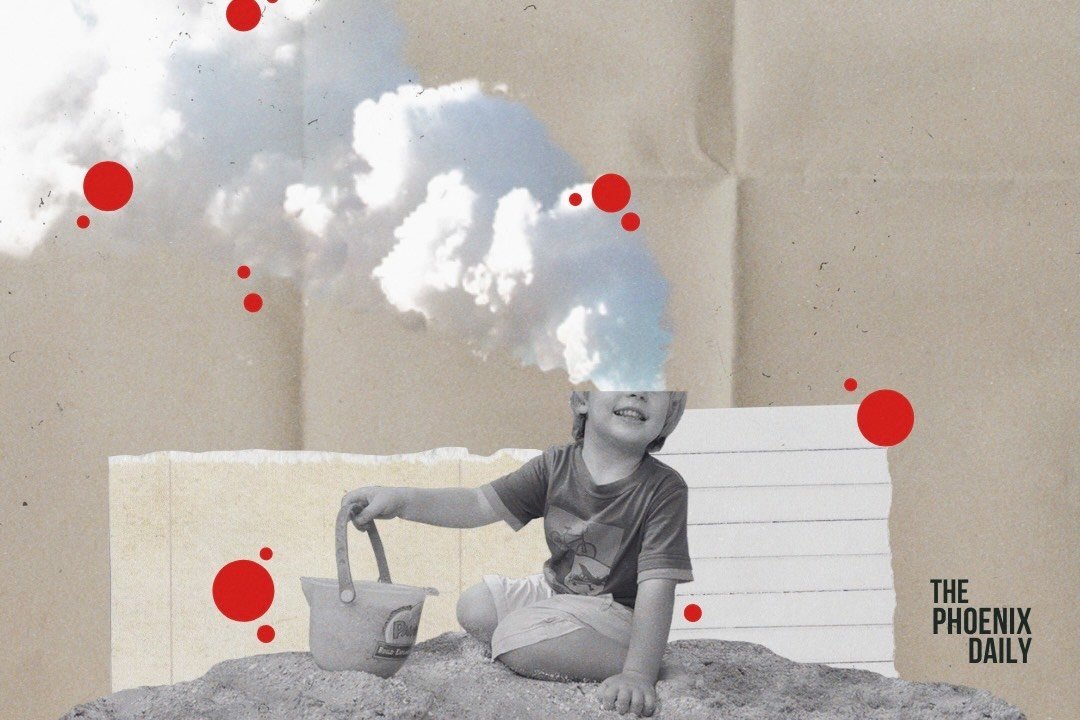
Childhood Trauma in Lebanon - How this phenomenon is becoming more and more common
Opinion analysis by Maria Wehbe, Staff Writer
A devastating economic crisis, a shortage of basic necessities and medications, a fuel crisis, the third biggest non-nuclear explosion in history, a sky-rocketing elevation in unemployment and so much more: who wouldn’t feel traumatized when living in such harsh and difficult conditions? Today, Lebanon is going through the unimaginable and every single citizen is feeling the devastation in one way or another. However, what is most heartbreaking is seeing young children who are so pure and innocent live in a country that they anticipate leaving starting such a young age because they are made aware of how bad the situation currently is. They’ve had to face what no child should ever have to, and this clearly affects their mental and physical development in a variety of ways. In fact, Childhood Trauma is defined as serious adverse childhood experiences, where the child experiences overwhelming and negative events and emotions. As per this definition, it is clear that most children in Lebanon are suffering from Childhood Trauma, and more so than not, it is almost a guarantee that they will if they grow up here.
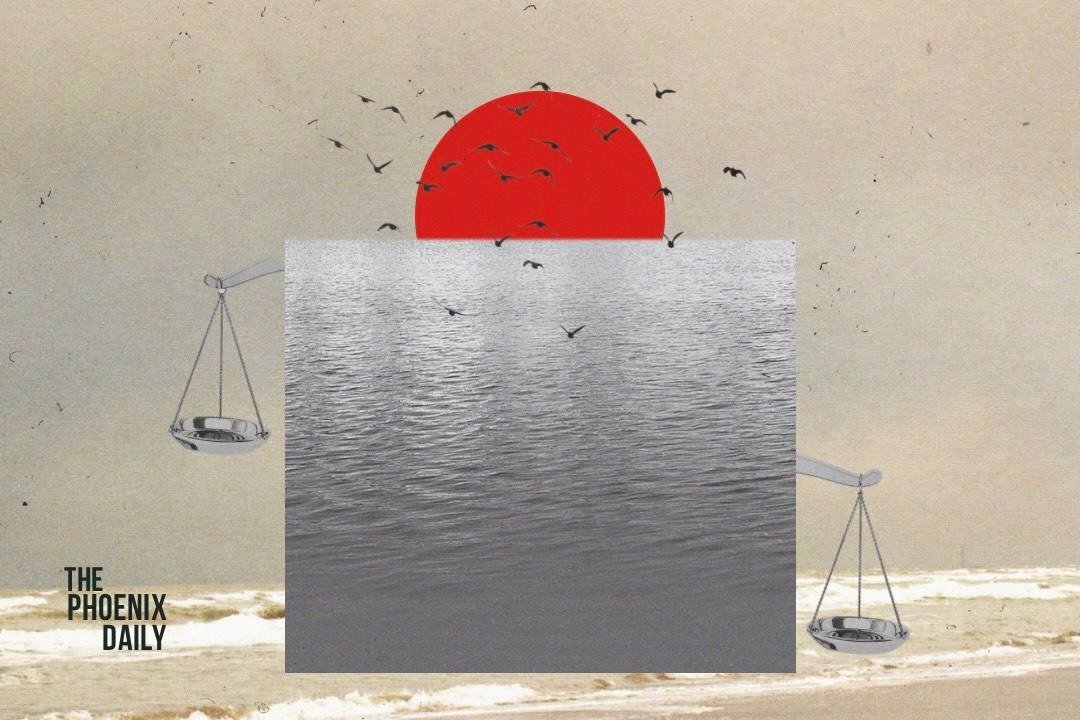
The Sunset of Justice in Lebanon - International criminal justice in the Middle East is in deliberate decline, leading to defeat
Opinion analysis by Dr. Antonios Abou Kasm, Professor of International Law and Counsel practicing before international criminal courts, Visiting Contributor
Every crime that is committed in Lebanon and leads to the fall of victims, gets the discussion back regarding justice in Lebanon and its effectiveness and causes of division. The political conflict taking place today over justice regarding the Beirut port explosion’s as crime is a result of an abnormal behavior that has been developed over time and was adopted by the political and security leaders in Lebanon.
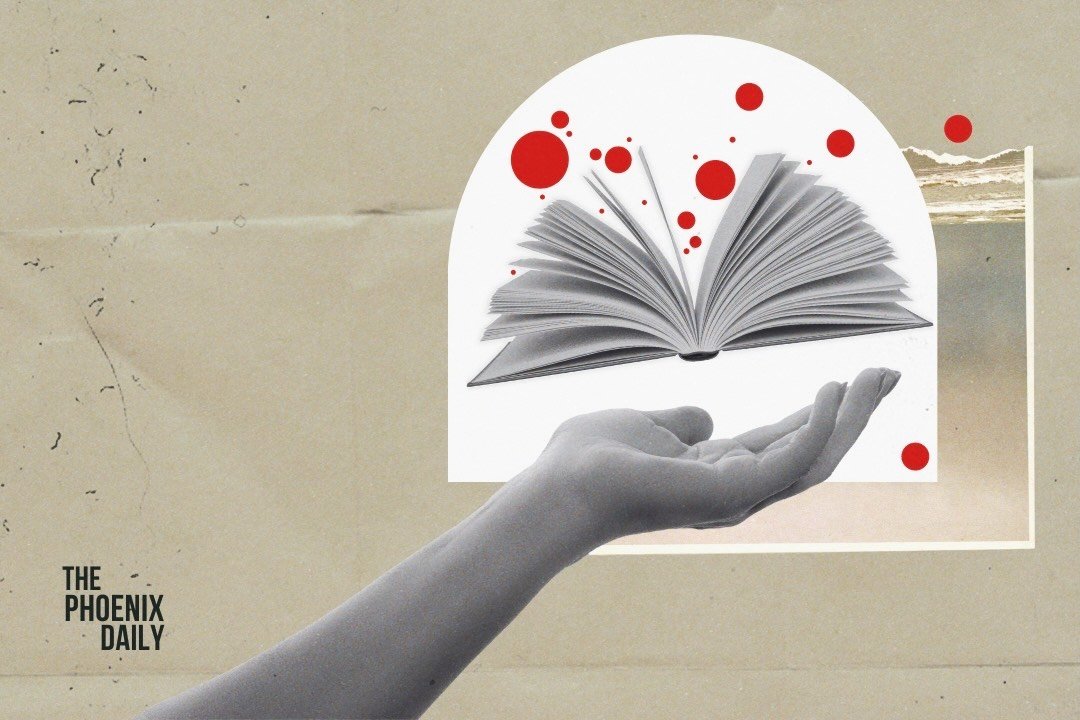
Citizenship Education in Schools - A Way Forward for Lebanese Democracy
Opinion analysis by Rita-Theresia Makhlouf, Visiting Contributor
“The main hope of a nation lies in the proper education of its youth”, said none-other than Desiderius Erasmus. It appears that the Lebanese government had fully embraced this saying after the Taif Agreement, the latter having brought a new plan for Education in Lebanon, alongside a seemingly collective agreement to end the Civil War. Proper Citizenship Education that transmits democratic values is a starting point to be able to trigger reform in the country through the increased patrimonial sentiment, rather than the sectarian one, and that would be taught and applied in schools. Thus, a new project saw the light of day: strengthening national unity starting in the younger classes as a core reform, portraying the essentiality of improved citizenship education. However, said-project has yet to be implemented properly in schools after the new curriculum of 1997.
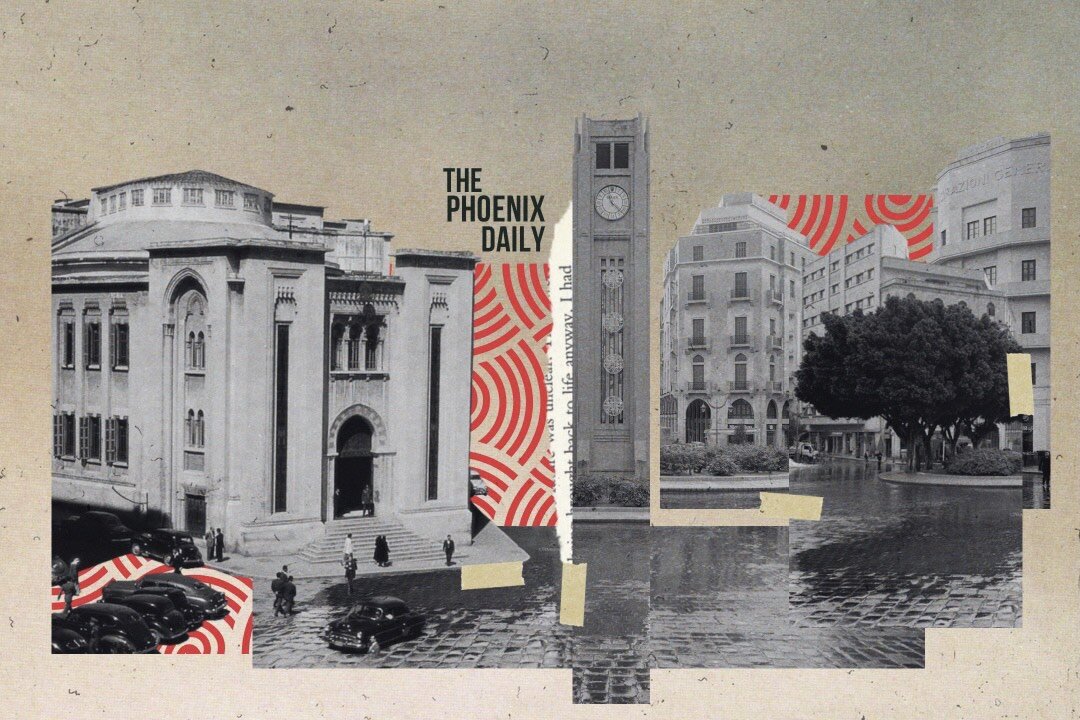
Lebanon in dire need of reform: Is the country ready for a new social contract?
Opinion analysis by Myriam Akiki, Staff Writer
It is safe to say that the Lebanese State in itself has failed. It has long lost its authority, is in no way capable of providing for its citizens and a sizeable portion of the Lebanese people no longer consider it to be legitimate. Lebanon is in desperate need of a brand-new social contract. Any variant of the current system will only lead to history repeating itself and thus, robbing Lebanese citizens of their freedom once again.
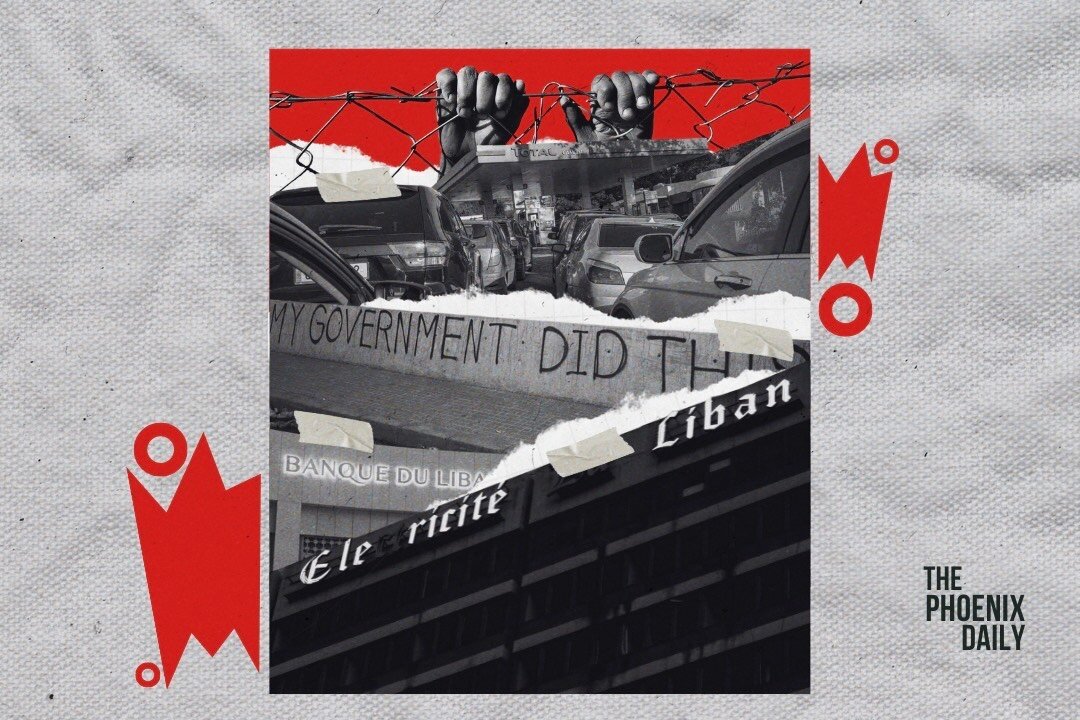
A Day in the Life of a Middle Class Resident of Lebanon - Explaining Lebanon’s political and economic crisis
Opinion analysis by Yara Zebian, Featured Writer
Have you ever tried to explain what we, in Lebanon, have been going through to people abroad? It seems that no matter how much we try, no one really understands the terrifying impact this crisis has on each individual living in Lebanon. This article tries to explain the daily life of a middle class resident in Lebanon by walking the reader through a day in such a life. It tries to instill in the reader the raw emotions of frustration, fury, and despair that have become typical emotions to those of us in Lebanon.
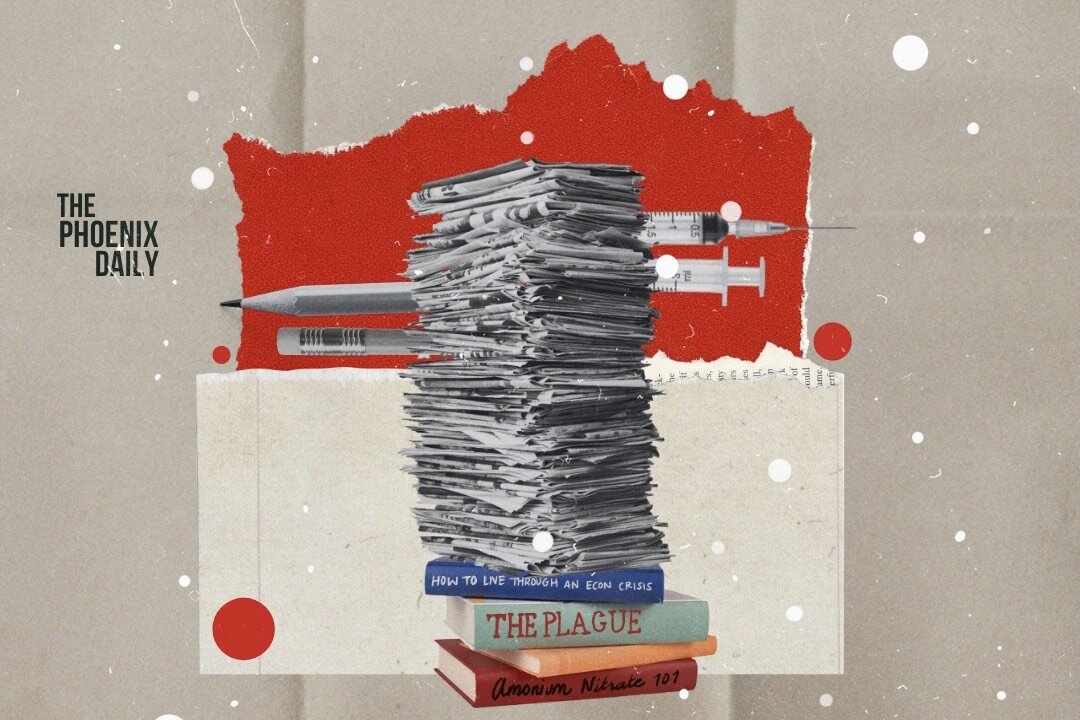
Schools and Universities in Lebanon in 2021 - The country’s crises threaten their sustainability
Opinion analysis by Maria Wehbe, Staff Writer
Over the past year and a half, people all over the world have been faced with the unpredictable and tragic threat of the COVID-19 pandemic that wrecked countries and tore families apart. Yet, in the case of Lebanon, the COVID-19 pandemic is one big problem among many others, and for some citizens, isn’t even one to begin with. From a deadly explosion that rocked the capital city of Beirut, to the hyperinflation, to the economic crisis, to the fuel crisis, to the shortage of medication and basic necessities, and the list goes on: the country is truly one that is in absolute crisis. One sector that particularly took a very big hit was the education sector: teachers and professors are fleeing the country, one after the other, in the hope of finding better opportunities abroad. Some schools and universities are being threatened of closing down and there is a limited amount of internet connection to conduct classes online and there is a limited amount of fuel to go to schools and universities to conduct classes in-person. And so, the question is this: will schools and universities be able to remain open this academic year, or will they succumb to the various crises that are taking the country by storm?
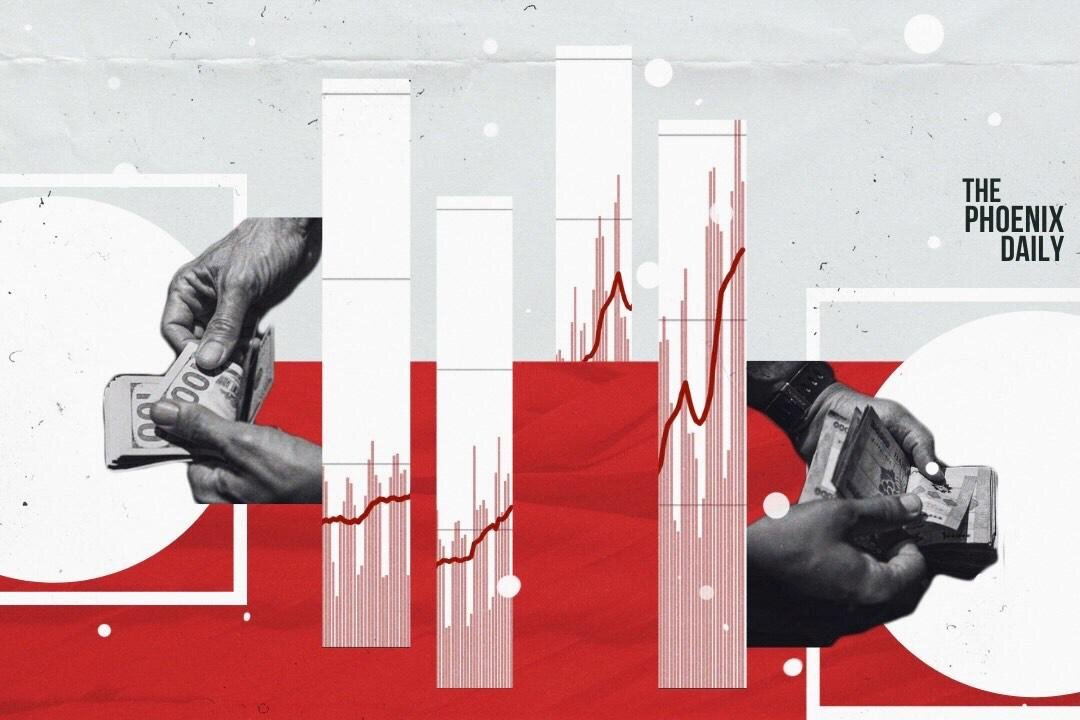
Money Creation, Crisis Edition - Save, Wait, Recreate
Analysis by Gaelle Nohra, Contributor
The terminology “money creation” primarily belongs to the banking sector where banks create money by lending money at an interest rate higher than the cost at which they initially borrowed. This article will shed light upon an informal money creation scheme lying within the soaring USD-LBP exchange rate ever since October 2019. Moreover, the article will attempt at drawing the usefulness of this scheme.
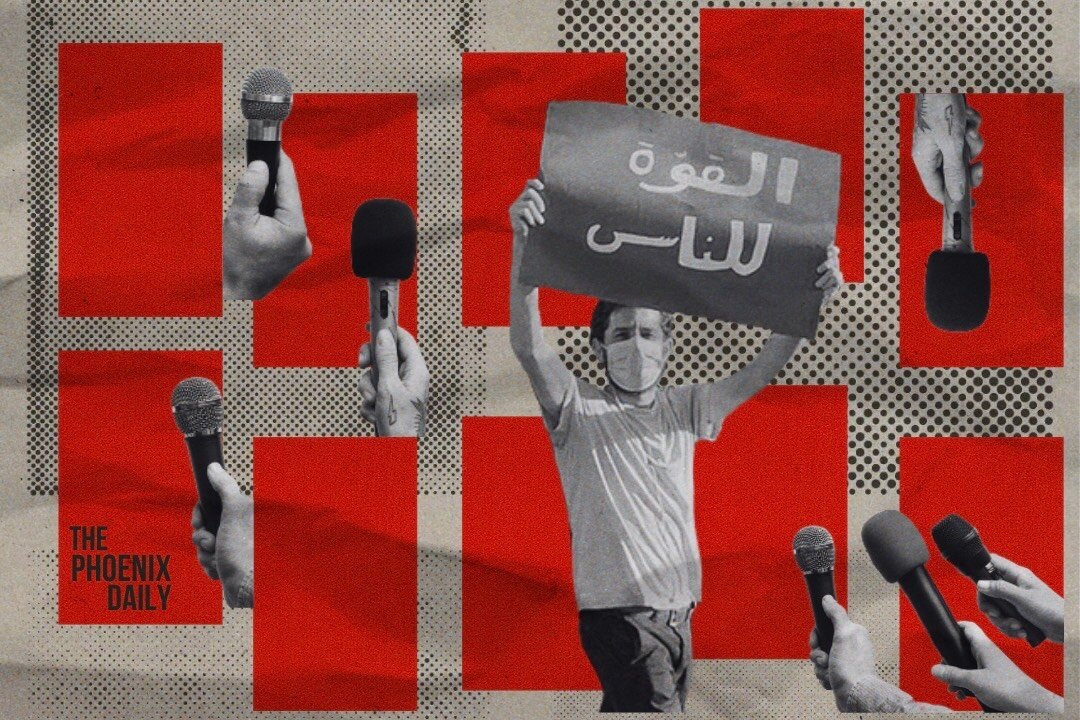
Political intervention of the new generation - Electoral Law in the profit of Lebanon’s youths, and bringing them into Lebanese policy-making
Opinion analysis by Reine Abou Antoun, Featured Writer
As a parliamentary democratic republic, Lebanon is lacking of empowering youth political engagement, meanwhile urgent democratic actions are highly recommended to preserve its human resources. What obstacles before the new generation does the electoral law hide? And where does the compatibility between the generation of media and the government lay?
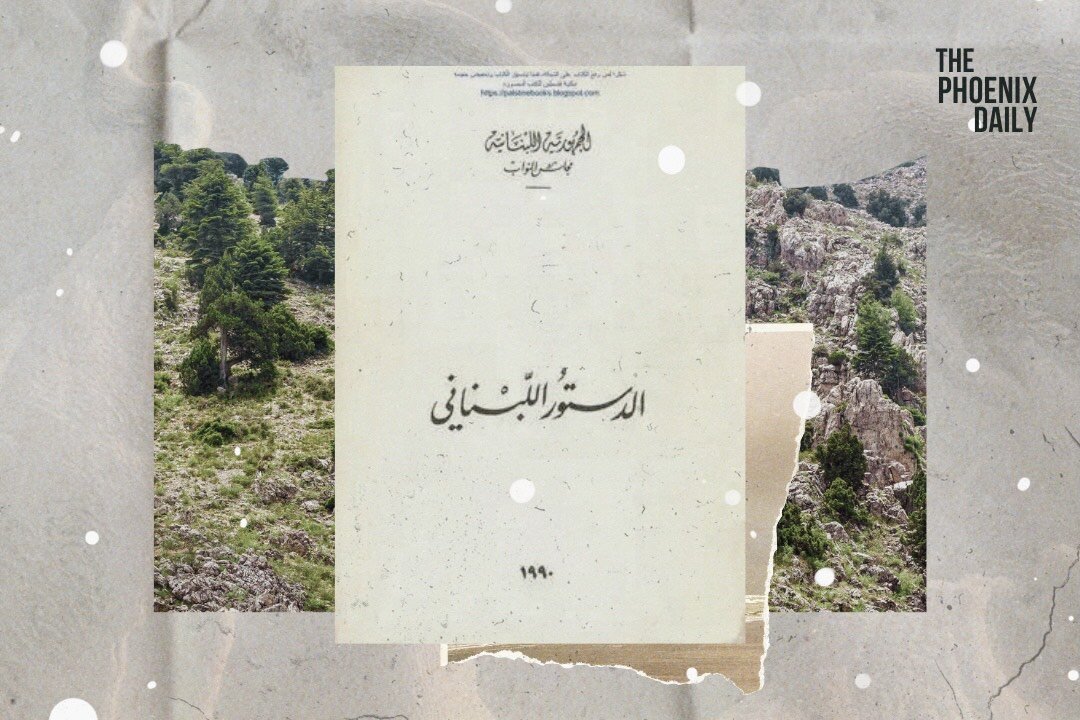
Revising the Lebanese constitution - Between textual uncertainties and improper practices
Opinion analysis by Zeina Dagher, Featured Writer
Following all the crises Lebanon has been going through, and passing by the devastating August 4th explosion of last year, the Lebanese political scene has been quite eventful. But it’s clear to anyone and any step in the right direction is being countered by a million obstacles. So where does the problem reside? We already know that the Constitution is responsible of drawing, organizing, and modifying the political landscape of the country. Thus, is the problem in its text? Or is the problem more in the practice that’s being made of it? In that case, what are some necessary constitutional amendments that will have to be made in order to counter the obstacles that arise?
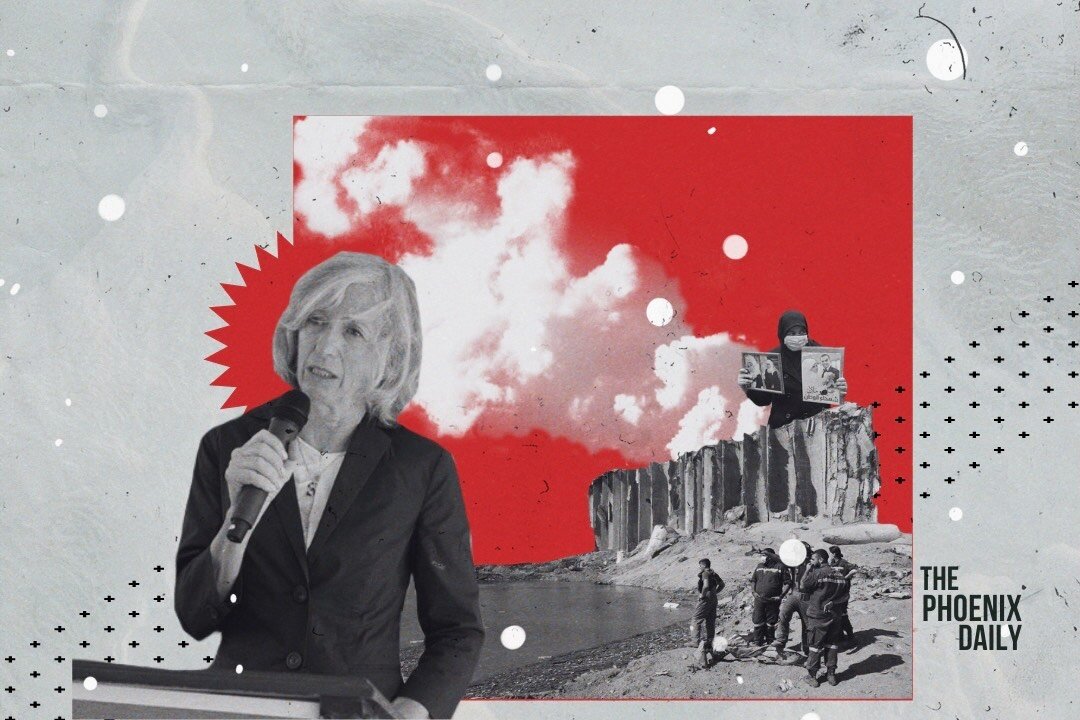
Rehabilitating Lebanese Education, one establishment at a time -UNESCO’s Assistant Director General for Education reinforces support towards Universities and Schools
News analysis by Maria Wehbe, Featured Writer
On August 5th, 2021, UNESCO’s Assistant Director-General for Education Stefania Giannini came back to Lebanon’s capital, Beirut, in order to stand in solidarity with its people as the country had reached its one-year mark since the destructive and devastating Port Blast. She also came back in order to reflect on the concrete results that the “Li Beirut” Initiative has achieved thus far, one that had been launched in the aftermath of the blast, on August 27th, 2020 by UNESCO Director-General Audrey Azoulay: it’s main goal was to place education and culture at the center of all of the reconstruction and relief efforts.
Her prior visit took place in June of 2021, whereby a ceremony was held by the UNESCO Regional Bureau for Education in the Arab states as a way to celebrate their collaboration with the Lebanese University (LU), the American University of Beirut (AUB) and the Saint-Joseph University (USJ).
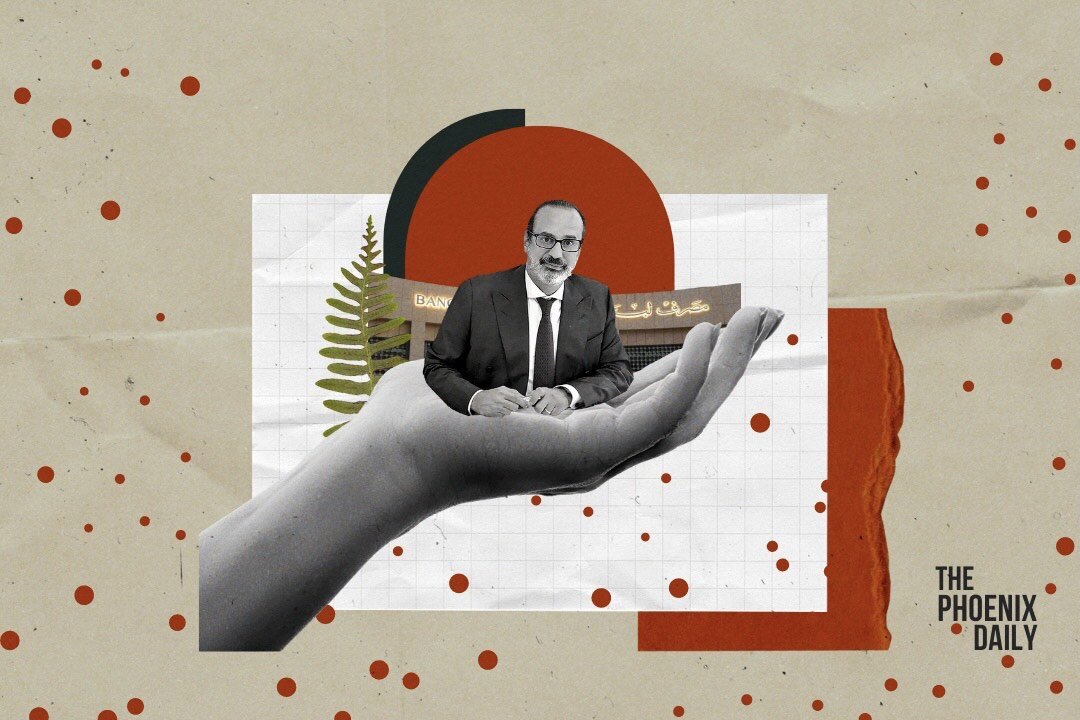
The Central Bank’s Gold Reserves: Present, Past, and Future - Does the Gold Reserve alleviate the financial crisis?
Opinion Analysis by Yara Dally, Contributor
Recently, many voices have been arising concerning the Central Bank’s Gold Reserves. Does it help alleviate the financial crisis happening in Lebanon or does it make it worse? What do we mean by gold reserves and why do we have it? What about the availability of this gold? Where are they, and much more is discussed in this piece with an exclusive discussion with Dr. Henri J. Chaoul - Managing Partner of Levantine Partners, former advisor of the Minister of Finance from February 2020 to June 2020 before resigning due to the absence of willingness to do any reforms backs then, in addition being a member of the official delegation representing Lebanon in the negotiation with the IMF.
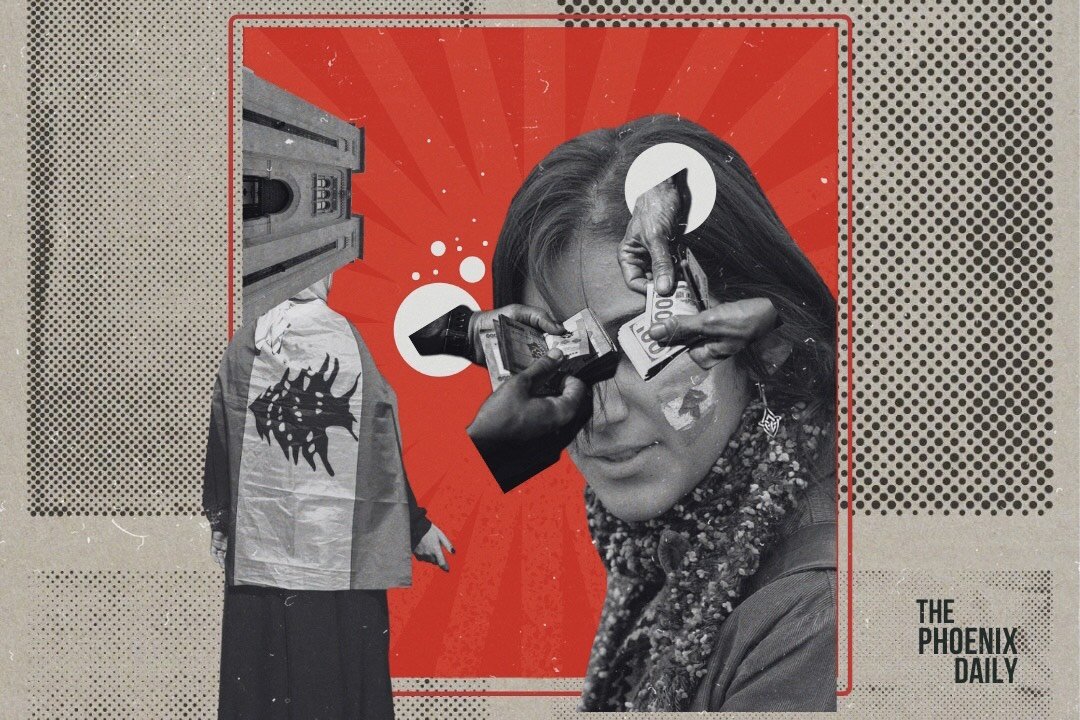
Lebanon’s Revolts: Was it What the Country Needed? - Uprisings as a Tool for Resurrecting the Country
Opinion Analysis by Reine Abou Antoun, Featured Writer
The October 17th uprisings were triggered by a series of cumulative events and erupted as a result of the taxation on the “WhatsApp bundle”; the Lebanese were supposed to protest severely for various momentous decisions issued over the years. Thus, the ambiguous reasons behind these uprisings puts the durability into question.
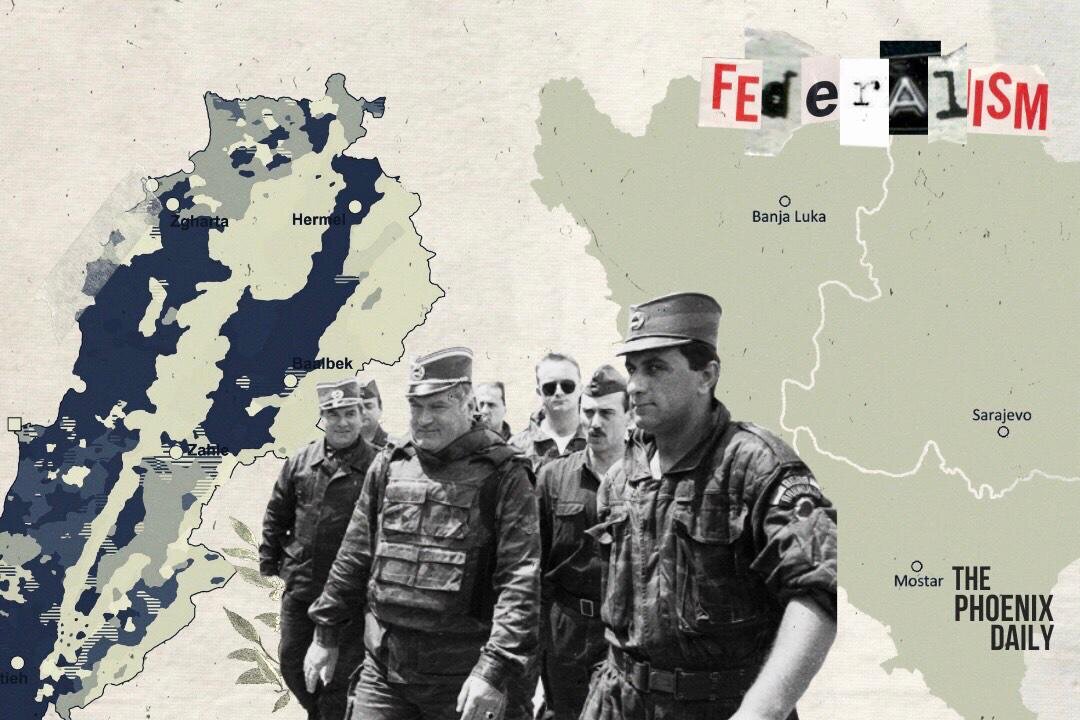
A Federal Lebanon? An Overview of Multicultural Federations and Comparison with Lebanon
Analysis by Ahmad Al Saati, Featured Writer
There is increasing talk nowadays among political circles of adopting Federalism in Lebanon to accommodate Lebanon's wealth of cultural and religious diversity. To properly predict an answer, this article attempts to do an overview of multi-cultural federations around the world, focusing mostly on Bosnia and Herzegovina, the country that arguably resembles Lebanon the most in terms of religious identity. The goal is to know why they adopted federalism, if it worked for them, and if Lebanon should too.

